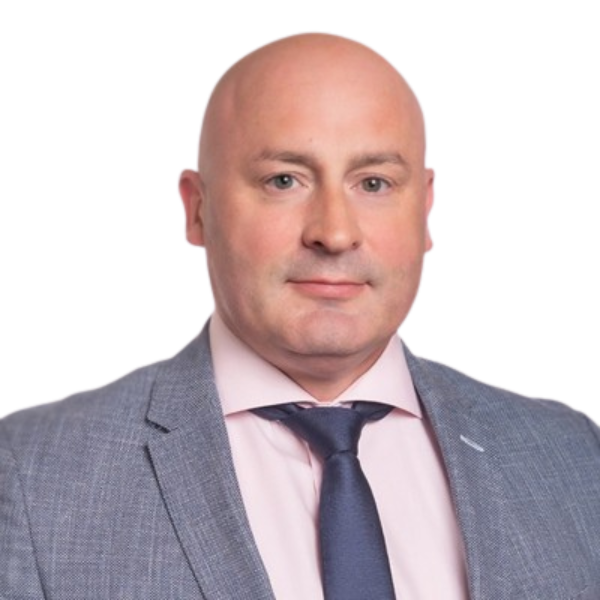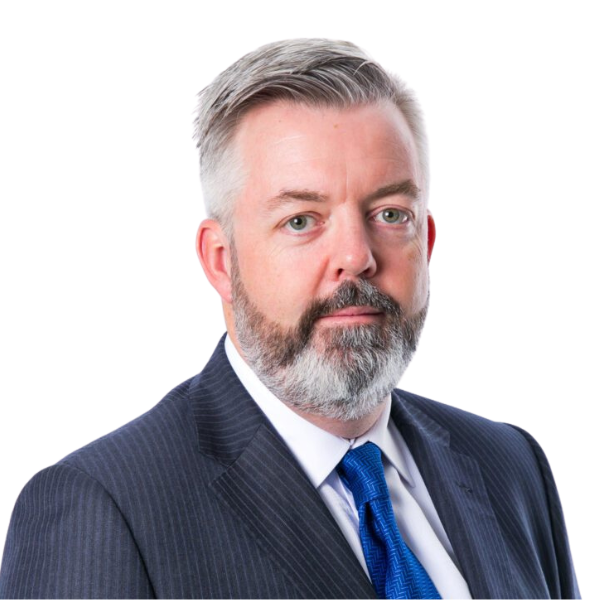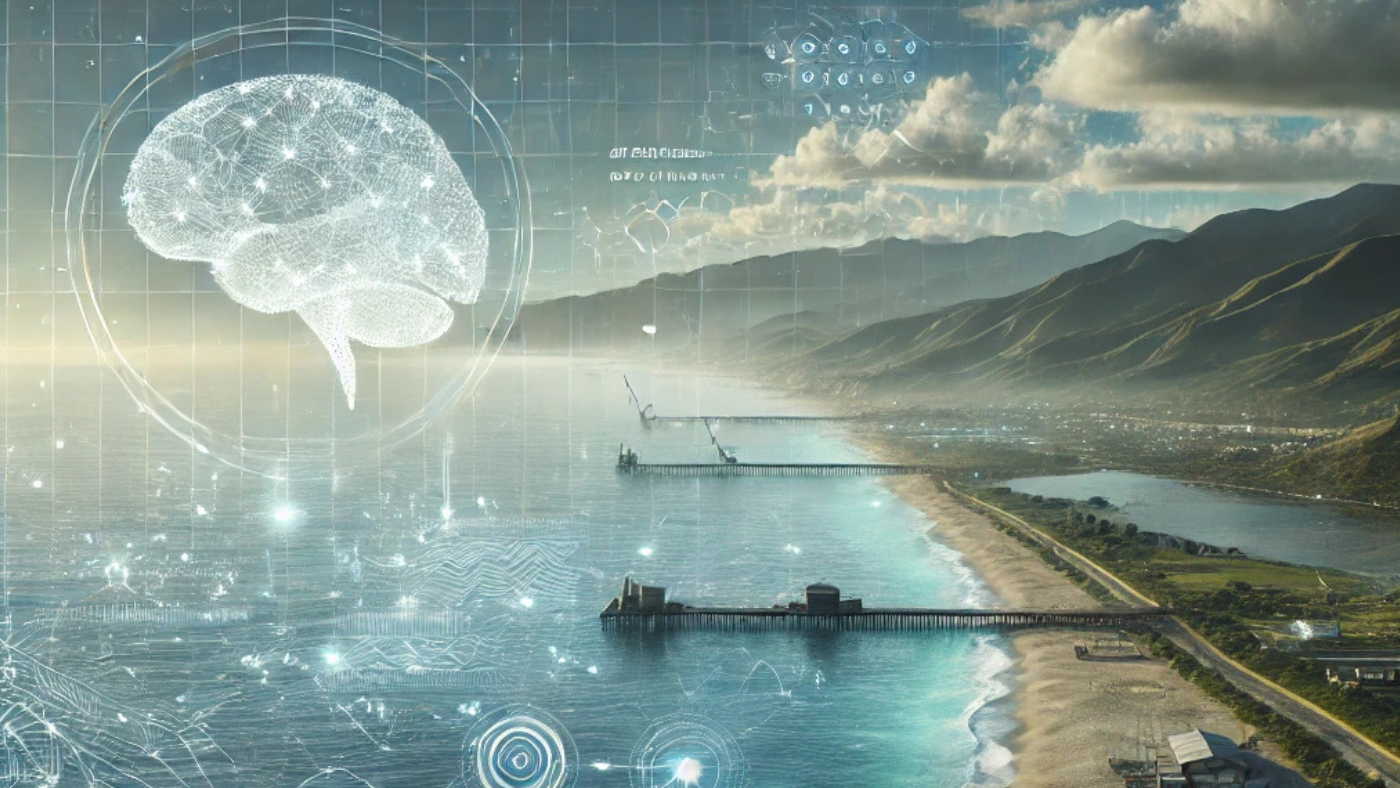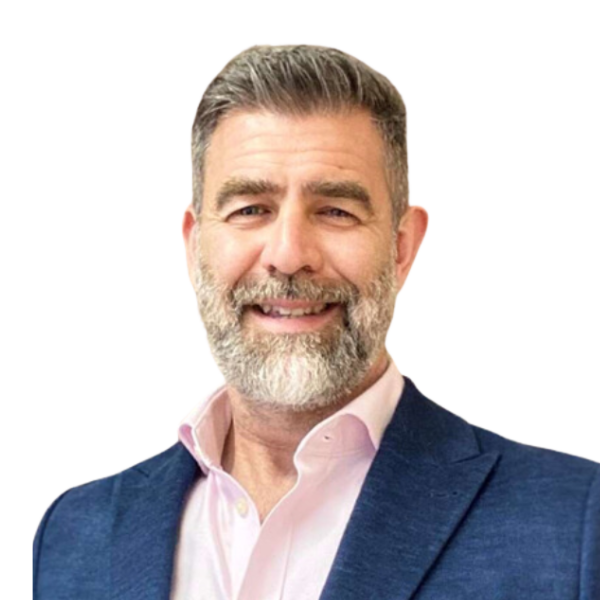How Can AI Drive Efficiency, Enhance Safety, and Manage Risks in these environments?
I have been attending a number of talks recently on the topic of Artificial Intelligence (AI) to better understand the impacts to the construction industry including an evening talk at the Rolls Building in London entitled “AI in Construction“. The talk explored the opportunities and threats posed by AI for the lifecycle of a project and its application to assist the resolution of construction disputes. AI is certainly a thought-provoking subject that spans across numerous industries and disciplines, which is precisely why it serves as the focus of this blog article.
My personal experiences leading coastal construction projects ranged from dealing with unpredictable weather patterns to limiting the impact to sensitive marine ecosystems. Of course, as a team, we always did our very best regarding planning, design, and execution which often relied on historical data, human intuition, and manual risk assessments. Todays sophisticated mathematical models of the coastal processes still require accurate data collection of the coastal environment, but questions are still often asked of the quality of the data and the stewardship and application of this information. Some would still argue that this approach, with a heavy reliance on human input, leads to inefficiencies and increased costs. We are now, on a regular basis, being informed that the integration of AI and machine learning (ML) is rapidly transforming the wider construction industry by improving efficiency, safety, and overall project outcomes, but how will this be applied to the unique and incredibly complex coastal environments we encounter.
The answer might be in AI’s ability to process vast amounts of real-time data more efficiently than any human ever could. For example, coastal projects generate massive data sets from environmental monitoring, hydrodynamics, and sediment transport. AI can analyze these datasets faster and more accurately, providing insights that can optimize design, improve forecasting for weather disruptions, and better predict potential environmental impacts.
AI is also considered a tool to help mitigate risks that are often only discovered late in the project lifecycle. ML models can continually learn from past project data, identifying patterns and anomalies that may otherwise go unnoticed. This could lead to earlier identification of potential issues, allowing teams to adjust their plans and mitigate risks before they escalate into costly problems. My problem with the concept of AI and ML application to coastal projects is the very nature of the environment we are dealing with here. Every coastal project is unique and poses its own challenges.
While AI offers immense promise, one should understand the challenges it presents for its use, particularly in coastal environments. Unlike other construction sectors where conditions may be more predictable, every coastal project is inherently unique. The dynamic nature of marine ecosystems, shifting tides, sediment movement, and the impacts of climate change create an environment where no two projects are ever the same. Being part of these unique projects is one of reasons I continue to be passionate about marine and coastal projects.
The variability of coastal projects makes it extremely difficult for AI models (particularly those trained on data from past projects) to fully anticipate the specific challenges each new project will bring. Coastal environments are not static. The coastal environment is constantly changing, and AI models will need to be flexible and adaptive enough to reflect these nuances.
It is important to mention that, like others in the industry, I have been unfortunate to witness coastal projects that have had negative impacts to the environment. Dredging undertaken without proper supervision, poor data input and incorrect interpretation of mathematical models have been some of the drivers behind the failures resulting in irreversible damage to the environment. How will AI and ML identify these as failures? So often the failures are not well documented by the project team due to the negative press attention. Project owners and contractors will often try to put a positive spin on those issues not always picked up by the permitting and regulatory process, particularly in jurisdictions where the process itself is not well developed or fraught with corruption.
Successful implementation of AI in coastal construction will depend on the quality and reliability of the data used to train these models. High-quality, accurate data input is needed to ensure that AI can provide meaningful insights. But in coastal construction, collecting reliable data is often difficult due to harsh environments and the remote locations of many sites, not to mention the human errors involved in planning such data collection exercises. Inaccurate or incomplete input data often leads to flawed predictions and increased risks in any industry. We now face the danger that AI is offering a promise of improved results based on this very same data. Skilled human intervention to identify the AI hallucinations is now as important as the technology itself.
AI may well assist with project planning and execution, but in the context of construction in the coastal environment, it is important to remember that humans still have a vital role in ensuring the input data and AI results are reliable. The complexity of coastal environments requires not only accurate data-driven insights but also the experience and intuition of engineers and environmental scientists who understand the intricate relationships between natural processes and construction activities. Developing a balance between AI driven recommendations and human expertise will be important when delivering successful coastal projects.
One must accept that AI will play an increasingly important role in coastal construction and its ability to enhance efficiency, improve safety, and mitigate risks offers significant advantages. However, the true value of AI will depend on how well we can apply it to the specific needs of coastal projects, both in terms of technology and human collaboration. Just as the implementation and integration of all technology, AI should be used as a tool to support and enhance the skills and knowledge of those working in coastal engineering and construction.




